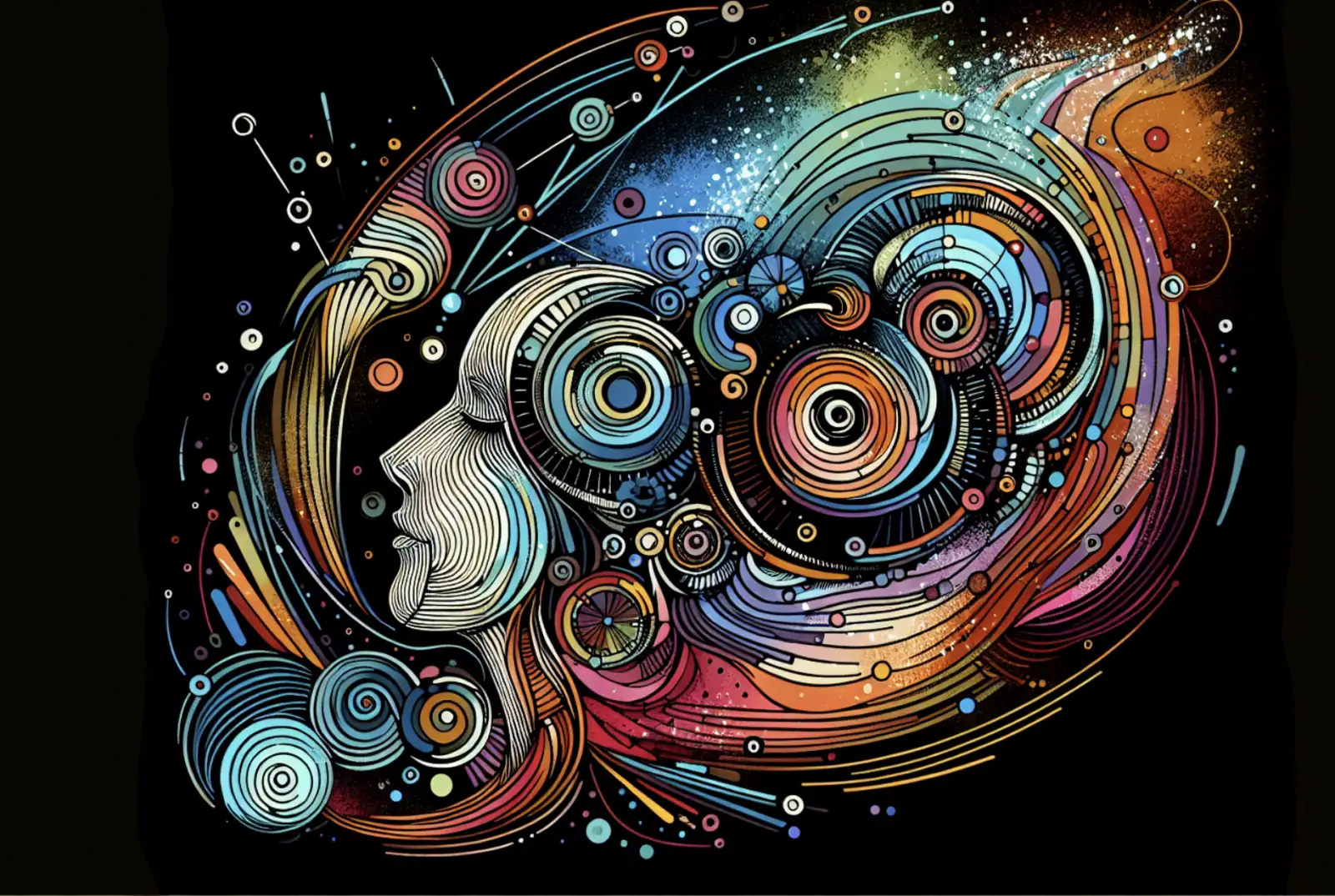Master of Your Own Life: Embracing the Protagonist Mindset in the Game of Life (Part 2)

Translated by AI
Becoming Your Own Master: Learning Instead of Consuming
The ultimate goal of the protagonist mindset is to become the leading character of your life, viewing every challenge as a stepping stone for growth rather than an emotional drain. By adopting a learning attitude toward difficulties, energy is no longer wasted on complaints or self-doubt but focused on drawing wisdom and strength from each experience. This shift in attitude allows us to remain stable when facing challenges, calmly analyzing the growth potential within situations, instead of being swayed by external influences and emotions.
We cease to be merely passive reactors and become proactive learners, moving steadily forward with each step. A lifestyle guided by learning enables us to focus well on self-improvement and maintain an open attitude toward difficulties, valuing challenges as precious resources for personal growth. Challenges then become catalysts for growth rather than causes of fatigue.
In the game of life, the true protagonist does not possess perfect conditions but is someone who learns in adversity, strengthening their character through each challenge. When we proactively choose learning over being consumed, we can continually move forward with a powerful inner strength and wisdom, ultimately becoming a stable, confident master of our own autonomous life.
The Core of the Protagonist Mindset: Strict with Oneself and Lenient with Others
As the protagonist in the game, we consistently focus on what I can achieve, and by deeply understanding ourselves, we can witness our growth and capacity for action.
Internally, we elevate ourselves with rigorous self-discipline, requiring a clear understanding of our abilities and goals, and the ability to distinguish between what belongs to others and what is ours. Only then can we persist in areas we "own" and "control," constantly refining these domains. Self-discipline is a self-imposed constraint and a commitment to oneself, maintaining stability and focus across various challenges while preserving inner strength.
Externally, we embrace a tolerant attitude, ensuring that interactions with others do not sway our emotions by their actions. When we understand that everyone has their unique "missions" and learning tasks, it becomes easier to let go of judgments on others' behaviors, reducing the oscillation of our emotions. Mistakes made by NPCs are not directed at us; rather, they represent behavior exhibited in specific contexts as part of their growth journey. This tolerant attitude establishes a stop-loss on energy depletion, preventing the burden of carrying unnecessary emotional weight from others’ mistakes and avoiding wasting time on uncontrollable matters.
The mindset of "being strict with oneself and lenient with others" allows us to concentrate on our growth, maintain inner stability, and reduce reliance and blame on others. With the stance of a protagonist facing life, we not only enhance ourselves but also gain more wisdom and tolerance in interactions with others while preserving a stable core.










